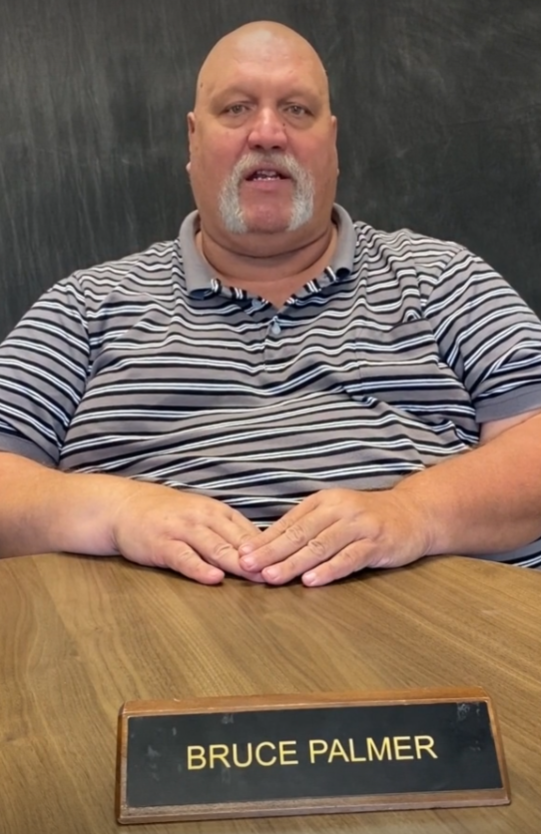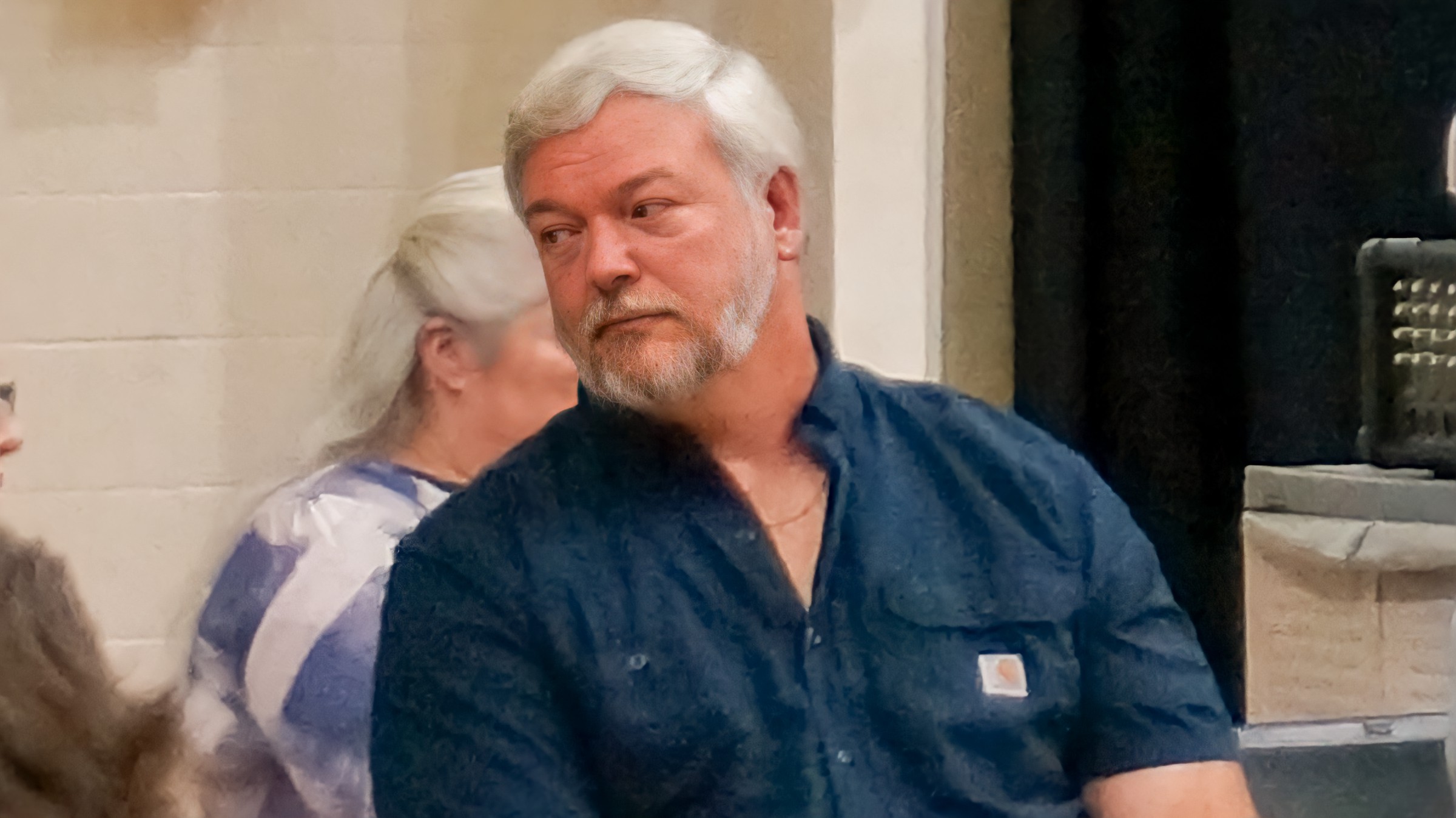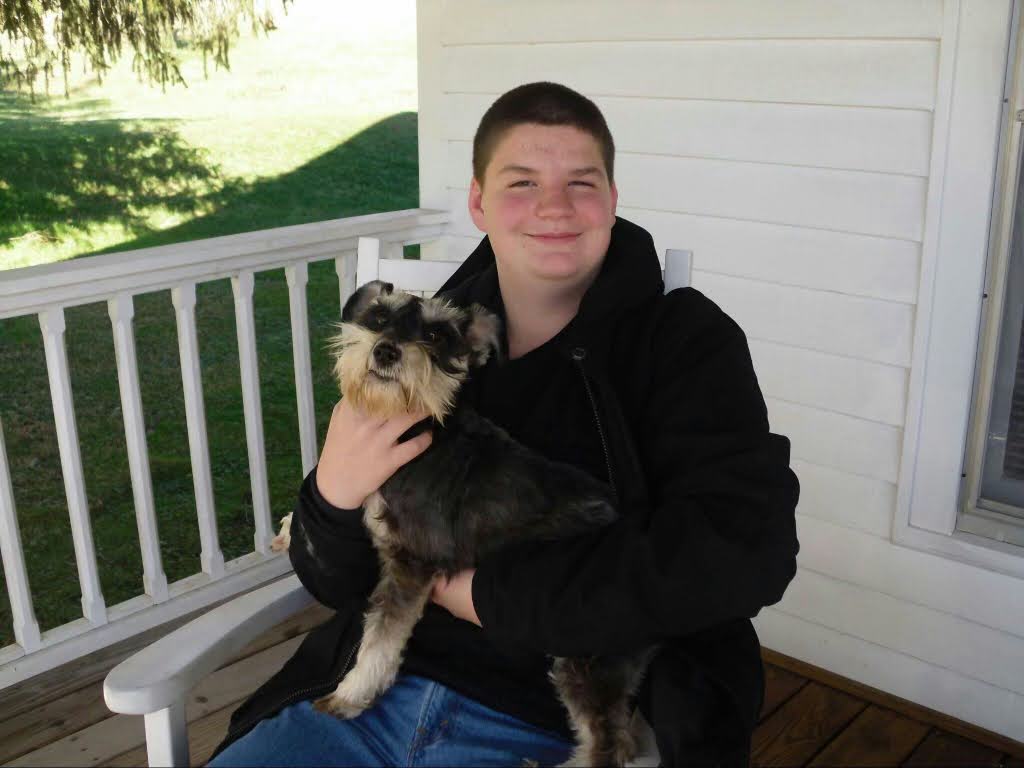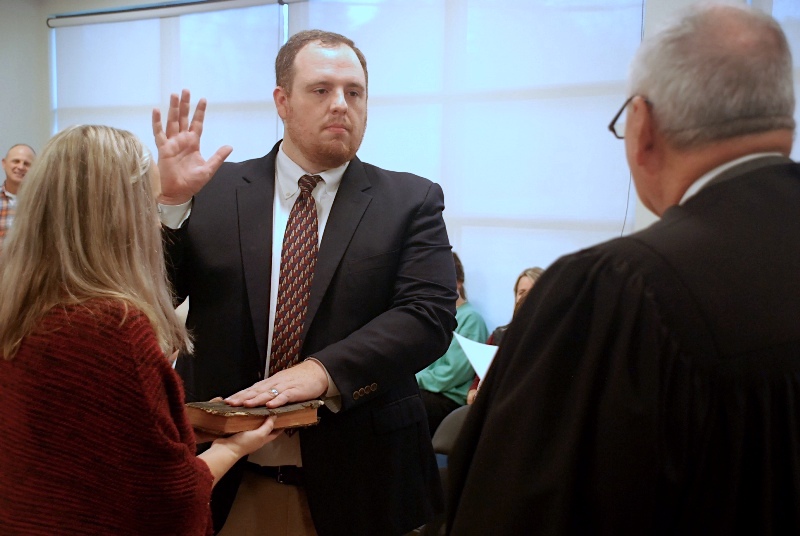(GA Recorder) — Teachers and administrators from across the state agree critical race theory is not discussed in Georgia grade school classrooms, but it likely will be a hot topic under the Gold Dome in January as lawmakers return for an election-year legislative session.
But with restrictions on schools teaching about racism and other cultural issues dominating the discussion before the session begins, some worry more pressing problems like school funding could get short shrift.
Critical race theory, a term for a legal framework developed in the 1970s defining racism as arising from social forces rather than individual prejudice, has become a catch-all for instruction that acknowledges racist structures in American history like redlining and Jim Crow.
Opponents argue focusing on these issues and tying them to modern problems weighing on racial minorities is divisive and paints people as oppressors or victims based on their race.
According to Google Trends, searches for critical race theory were mostly flat from when tracking began in 2004 until last May when internet interest spiked.
That’s about the same time parents started showing up to school board meetings across the state to demand an end to so-called critical race theory lessons.
During a May Cherokee County school board meeting, state Rep. Brad Thomas, a Republican from Holly Springs, said he had already started writing a bill to ban critical race theory in schools.
The next month, the Georgia Board of Education approved a resolution that did not mention critical race theory by name but asserted that the United States is not racist and that public school students should only be taught that slavery and racism are betrayals of the country’s founding principles.
Cumming Republican state Sen. Greg Dolezal listed the idea as one of the top targets of Georgia’s new Freedom Caucus, which he chairs.
“When we see dangerous ideology creeping into our schools, we think that monitoring, making sure our children are taught how to think and not what to think is at the forefront of what we can do legislatively,” he said. “Our K through 12 education budget represents 38% of the budget here in the state of Georgia, and we want to make sure that investment is spent in a way that parents can be proud of.”
Gillsville Republican Rep. Emory Dunahoo, another member of the Freedom Caucus, elucidated: “We had for 50 years the opportunity to teach not one theory, but four or five, for instance, Buddha, Jesus Christ, Gandhi, different religions, different beliefs. We should still have that right for everybody to hear all the parts, not one part. A lot of the buzzword, which will change, is CRT. Well, critical race is a lot stronger than you think. I’ve been working on this for a year. There’s things that will come out later. But our number one goal is to educate our children, and educate them not on one mind, but on what history truly is, and to educate them on a process of learning how to make it in the real world.”
In January, Dunahoo sent a letter to University System of Georgia administrators asking whether there are any classes in the state’s university system that teaches about the concept of privilege or oppression or that white, male, heterosexual Christians are intrinsically privileged.
In a 102-page response, then-Chancellor Steve Wrigley said the university system strives to balance their cause of expanding students’ minds and ensuring they are free from harassment and indoctrination.
Banning critical race theory from classrooms this session could be a win for Republican lawmakers ahead of November’s election, but it would also mean losing a powerful weapon to wield against Democrats like Stacey Abrams and Sen. Raphael Warnock, said University of Georgia political science professor Charles Bullock. Attacks on critical race theory were seen as helping to swing Virginia’s governor’s race to Republican Glenn Youngkin.
“What we’re told is that it would have no impact whatsoever on the curriculum because it’s not being taught anyway,” Bullock said. “Symbolically, yeah, it could be important, although having done that, it may be then taking an issue out of play for the election. If the issue is still out there that it is being taught, then you could run against that, where if you pass legislation saying you can’t do it, now you really can’t run against it, can you?”
Other political projects
Critical race theory has been cited in a push to make local school boards across the state nonpartisan, at least on the ballot.
State Sen. Clint Dixon, a Buford Republican, pressed pause last month on a pair of bills that would alter the structure of Gwinnett County’s board of commissioners and school board after getting pushback from Gwinnett County Democrats who said they were not consulted.
Gwinnett has been at the forefront of Georgia’s move toward becoming a swing state, and the school board there flipped to Democratic control last year.
Lt. Gov. Geoff Duncan tapped Dixon to lead a committee to study making all of Georgia’s school boards nonpartisan. More than 60% of Georgia school districts are already nonpartisan.
At the committee’s first meeting this month, Gwinnett County parents complained that the new school board members were not responsive to parents’ concerns and that they had placed new limits on the number of speakers at school board meetings. Some listed contentious issues like masks and racial education and argued that nonpartisan elections would cool down tensions.
The Georgia School Board Association supports legislation calling for the non-partisan election of local school board members. Democrats question the timing of the move and the focus on Gwinnett.
Speaker Pro Tem Jan Jones also started conversations in November with a tweet about removing certain materials from schools:
“I’m working with House Education Chair Matt Dubnik and Rep. Chris Erwin to ensure obscene materials have no place in public schools,” she wrote. “Let’s get it done this session!”
Superintendent Richard Woods seemed happy to hear about the idea.
“This is great news,” he said in a tweet. “Obscene materials have no place in our schools. Looking forward to working with the House to protect our students and empower our parents.”
Jones did not elaborate on what she is planning or what sort of obscene material she hopes to target. Democrats and First Amendment advocates said they fear a push to ban books that discuss race or LGBT issues from school libraries
A bill by Dallas Republican Sen. Jason Anavitarte that passed the Senate this year but stalled in the House would require boards of education to adopt a complaint resolution policy for parents who take issue with materials available to their children. The bill would charge school principals with making the final decision on materials that are subject to complaints.
Budget matters
Parental involvement in school decisions and minority representation are both important discussions, said Stephen Owens, senior policy analyst at the Georgia Budget and Policy Institute, but it can be frustrating when cultural clashes seem to drown out more grounded issues.
“We have kids in the middle of a pandemic, with this new wave of the coronavirus, schools are operating under historic budget cuts, we’re having a difficult time staffing schools, specifically with substitute teachers and school bus drivers, so there are actual crises that are going on inside public schools, and then there’s CRT,” he said. “They’re two completely separate things.”
Owens said he’ll be watching House Bill 10, which would provide additional funds to schools that serve students living in poverty.
“Georgia is one of only eight states in the union that doesn’t provide additional funding specifically to educate students living in poverty, so we’re hoping that we can advance a bill like House Bill 10,” he said. “That’d be about $343 million. It’s a bipartisan issue, this is something that Gov. Deal’s Education Reform Commission came up with in 2015, and now, Democrats have signed onto a bill, we’re hoping to get a good bipartisan legislation across the finish line.”
It’s also a good bet that private school vouchers will come up again in 2022. Supporters say allowing parents to use state money to send their children to private school helps students who live in low-performing districts. Opponents say the practice takes taxpayer money from schools that need it and funnels it to schools that do not have the same oversight. In 2021, a bill from Woodstock Republican Rep. Wes Cantrell to expand vouchers to more families passed out of committee but never got a full House vote.
The state budget might be the one piece of legislation with the greatest impact on Georgia’s public school students. The budget passed earlier this year marks the 18th year out of the past 20 that Georgia has failed to meet the minimum public school funding based on its Quality Basic Education formula, or QBE. During the COVID-19 pandemic, Georgia schools have received nearly $6 billion in federal money from the CARES Act, Cares II and the American Rescue Plan.
“We have really solid revenue numbers, there is absolutely opportunity to fill in QBE, do a number of other policies, such as perhaps finish off the teacher pay raises,” Owens said. “But I think moving forward is my bigger concern. We continue to balance budgets in the state of Georgia on the backs of children. Right now, we have this historic investment in federal dollars, it’s really good for these one-time issues, such as fixing the HVAC, extending the school day, maybe one-time bonuses for staff. But schools are afraid to use this money in a way that actually increases staff for fear that it’s going to be gone in a couple years.”





















 Free-standing ERs — affiliated with hospitals but not physically connected to them — have cropped up in many areas, generally in suburban or urban locations where large numbers of local residents have private insurance. They provide emergency medical services apart from a regular hospital location.
Free-standing ERs — affiliated with hospitals but not physically connected to them — have cropped up in many areas, generally in suburban or urban locations where large numbers of local residents have private insurance. They provide emergency medical services apart from a regular hospital location.



